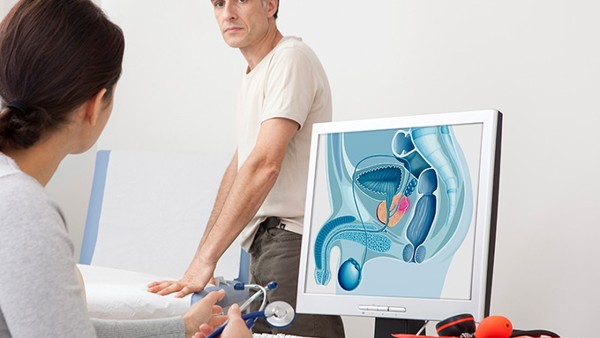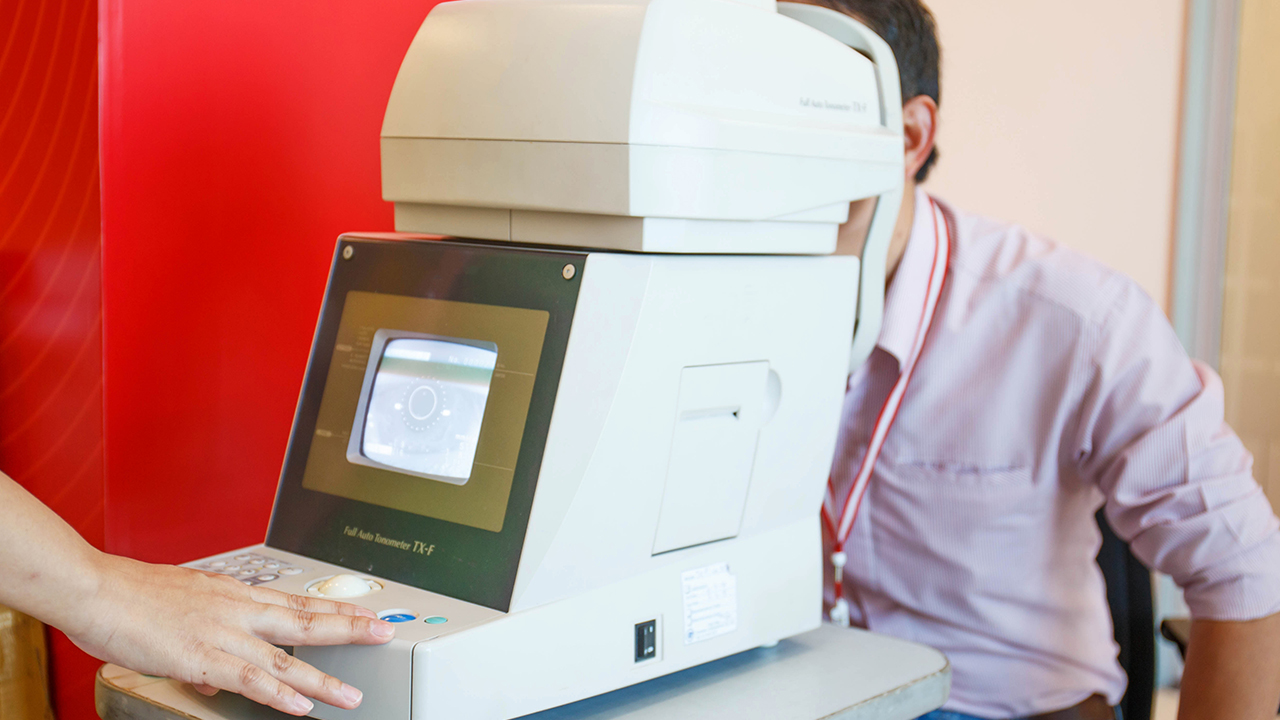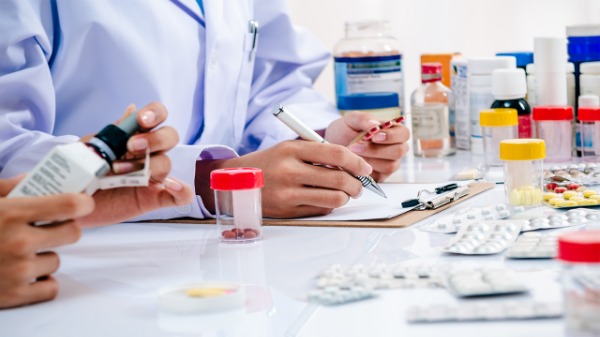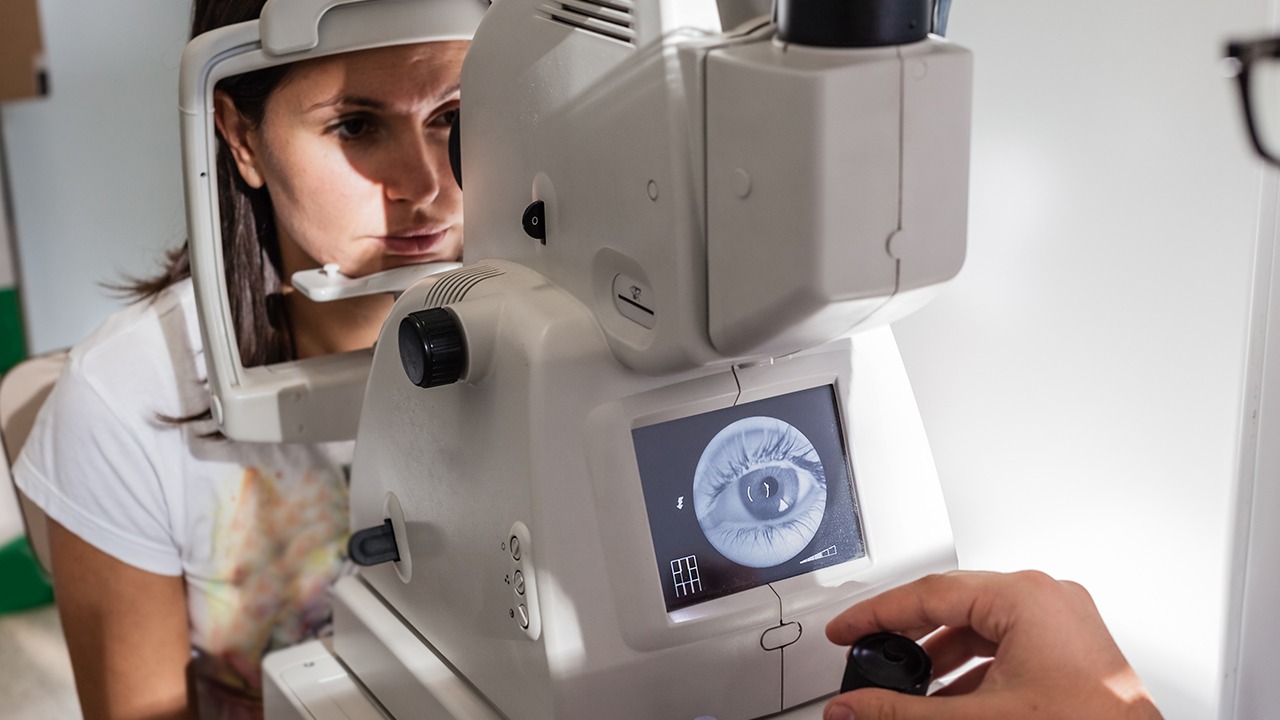What are the specific symptoms of AIDS?

AIDS (acquired immunodeficiency syndrome) is a chronic, life-threatening condition caused by the human immunodeficiency virus (HIV). HIV attacks and weakens the body's immune system, making it difficult for the body to fight off infections and other diseases.
AIDS is the most advanced stage of HIV infection. It occurs when the body's immune system is severely weakened and can no longer protect the body from infections and other diseases.
Symptoms of AIDS
The symptoms of AIDS can vary depending on the individual and the stage of the disease. Some people with AIDS may only experience mild symptoms, while others may experience severe symptoms that can be life-threatening.
Some of the most common symptoms of AIDS include:
Fatigue
Weight loss
Night sweats
Chills
Fever
Swollen lymph nodes
Muscle aches
Joint pain
Skin rashes
Mouth sores
Thrush
Kaposi's sarcoma (a type of cancer that causes purple or reddish lesions on the skin)
Pneumocystis carinii pneumonia (PCP) (a type of pneumonia caused by a fungus)
Cytomegalovirus (CMV) retinitis (a type of eye infection that can lead to blindness)
Wasting syndrome (a severe loss of muscle and fat that can lead to death)
Diagnosis of AIDS
AIDS is diagnosed with a blood test that detects antibodies to HIV. Antibodies are proteins that the body produces in response to an infection. If the blood test is positive for HIV antibodies, the person is considered to have HIV infection.
Treatment for AIDS
There is no cure for AIDS, but there are treatments that can help to control the virus and prevent or treat the symptoms of the disease. These treatments are called antiretroviral therapy (ART).
ART is a combination of three or more HIV medications that are taken daily. ART works by stopping the virus from multiplying in the body. This can help to improve the immune system and prevent or delay the development of AIDS and other complications of HIV infection.
Prevention of AIDS
HIV is spread through contact with infected blood, semen, vaginal fluids, rectal fluids, and breast milk. The virus can be transmitted through sexual contact, sharing needles or other drug paraphernalia, or from mother to child during pregnancy, birth, or breastfeeding.
There are a number of ways to prevent HIV infection, including:
Using condoms during sex
Not sharing needles or other drug paraphernalia
Getting tested for HIV and knowing your status
Taking PrEP (pre-exposure prophylaxis) to prevent HIV infection if you are at high risk
Taking PEP (post-exposure prophylaxis) to prevent HIV infection after a potential exposure to the virus
Living with AIDS
Living with AIDS can be challenging, but there are a number of resources available to help you manage the disease and live a full and healthy life. These resources include:
Doctors and other healthcare providers
Social workers
Counselors
Support groups
Financial assistance programs
Housing assistance programs
Food assistance programs
If you have been diagnosed with AIDS, it is important to work with your healthcare provider to develop a treatment plan that is right for you. This plan may include taking ART, getting regular medical checkups, and making lifestyle changes to stay healthy.
Living with AIDS can be a challenge, but it is possible to live a full and healthy life with the right treatment and support.
The above is all the content that the editor wants to share with you. I sincerely hope that these contents can bring some help to your life and health, and I also wish that your life will be happier and happier.
Topic: #the #are #what- • What is the relationship between kidneys and prostate
- • What to do if the umbilical cord wraps around your neck in late pregnancy
- • How to reduce the impact of colds on the fetus during pregnancy
- • The best dietary therapy for neonatal hypoxic-ischemic encephalopathy
- • Detailed explanation of the causes of neonatal hypoxic-ischemic encephalopathy
















